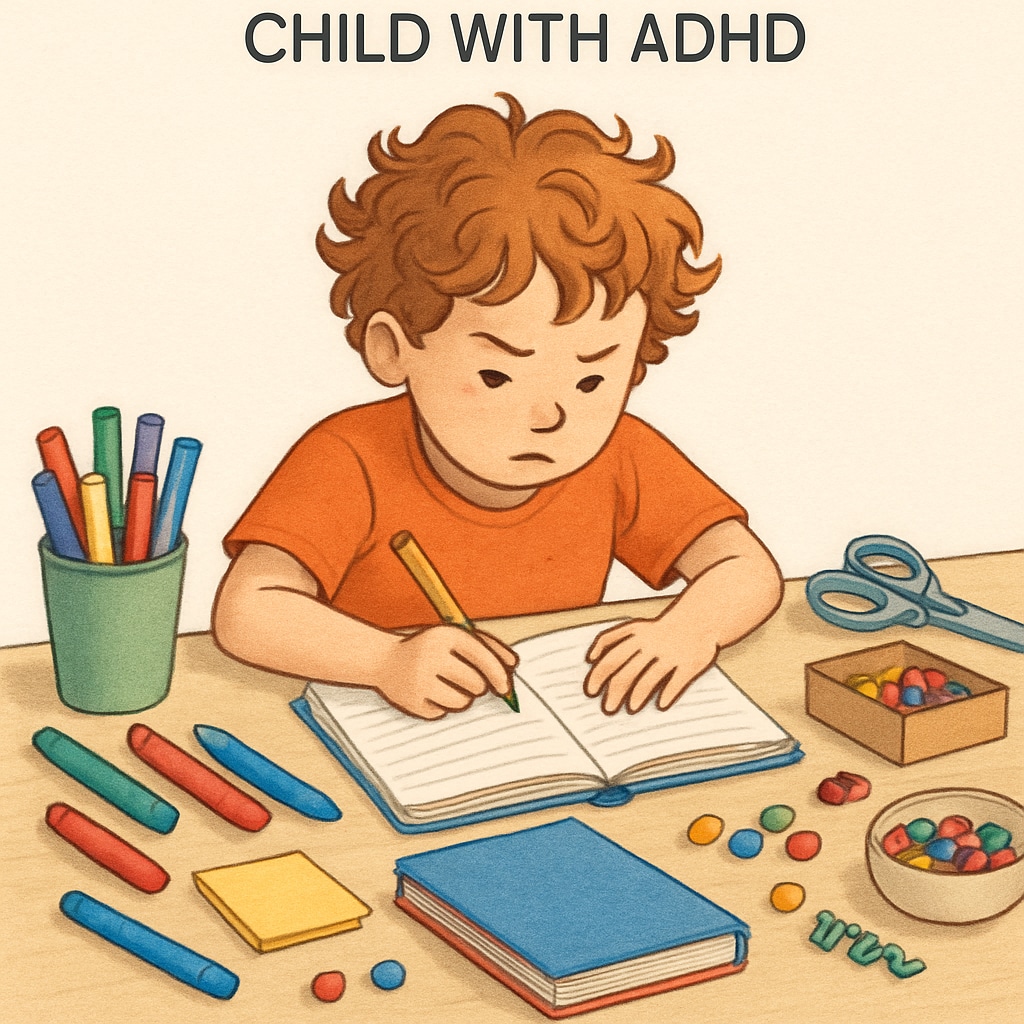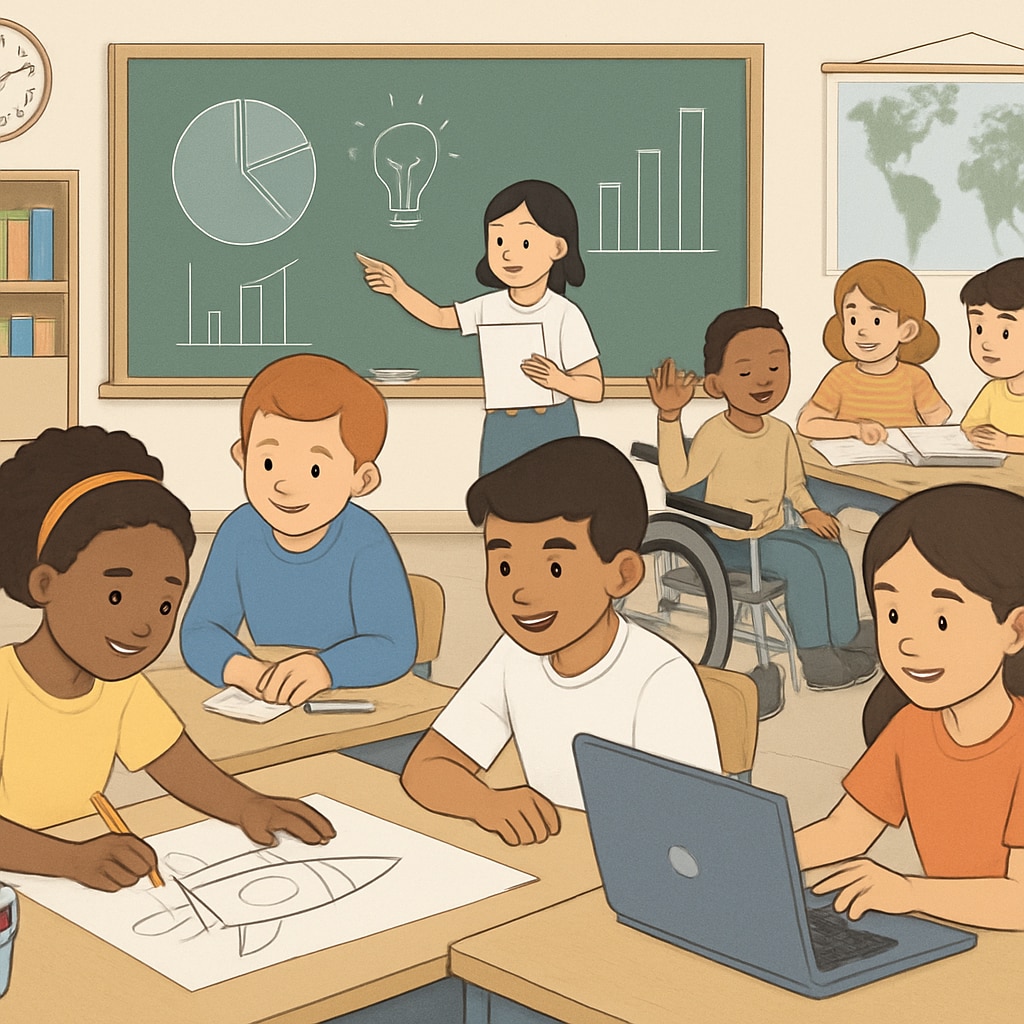The current gifted education selection process often prioritizes standardized testing and short-term academic performance, unintentionally excluding students with ADHD and their unique learning modes. While these students may excel in certain areas, their unconventional methods of processing information and displaying their skills often go unnoticed, leaving many hidden talents untapped.

How Standardized Tests Fall Short for ADHD Students
Standardized tests are widely used to determine eligibility for gifted education programs. However, these tests typically assess narrow cognitive abilities, such as math and verbal reasoning, while ignoring other forms of intelligence, such as creativity, problem-solving, and emotional resilience. ADHD students, who often excel in these latter areas, may struggle with the rigid structure and time constraints of standardized exams.
For example, ADHD students may be prone to distraction but thrive in tasks requiring creative thinking and innovation. Their ability to hyperfocus on topics of interest can lead to exceptional insights. Yet, standardized testing rarely accommodates these strengths, leading educators to misjudge their potential.
Misjudged Potential: Real-World Examples
Consider a case where an ADHD student demonstrates exceptional aptitude in science through independent projects but fails to perform well on traditional exams. Despite their evident talent, they are denied entry into gifted programs due to poor test results. This scenario highlights how the system’s reliance on uniform metrics overlooks diverse skills.
Research supports these observations. According to ADHD studies on Wikipedia, individuals with ADHD often score higher in creative tasks and innovative problem-solving compared to their neurotypical peers. Yet, without adaptive testing methods, these strengths remain underrepresented in gifted education.

What Can Be Done to Improve Gifted Education Selection?
To ensure ADHD students are not overlooked, educators and administrators must rethink the selection process for gifted programs. Here are some actionable steps:
- Adopt Multiple Assessment Methods: Use a combination of standardized tests, teacher recommendations, and portfolio reviews to capture a broader range of abilities.
- Provide Testing Accommodations: Allow extended time and flexible formats for ADHD students during assessments.
- Focus on Strength-Based Evaluations: Identify and nurture areas where ADHD students excel, such as creativity, leadership, and problem-solving.
- Training for Educators: Equip teachers with tools to recognize and support the unique talents of ADHD students.
As a result, gifted education programs can become more inclusive, ensuring that all students—including those with ADHD—have equal opportunities to shine.
Conclusion: Unlocking Hidden Potential
The exclusion of ADHD students from gifted education programs is not just a personal loss for these children but a missed opportunity for society to benefit from their unique talents. By revising selection criteria and embracing diverse learning styles, we can create a more equitable system that recognizes and nurtures every child’s potential.
ADHD students are capable of extraordinary achievements—they simply need a system that sees beyond conventional metrics. It’s time for gifted education to evolve, ensuring no genius is left behind.
Readability guidance: The article provides short paragraphs, clear subheadings, and actionable solutions, ensuring accessibility for a broad audience. Overarching themes focus on inclusivity and practical changes to education systems.


